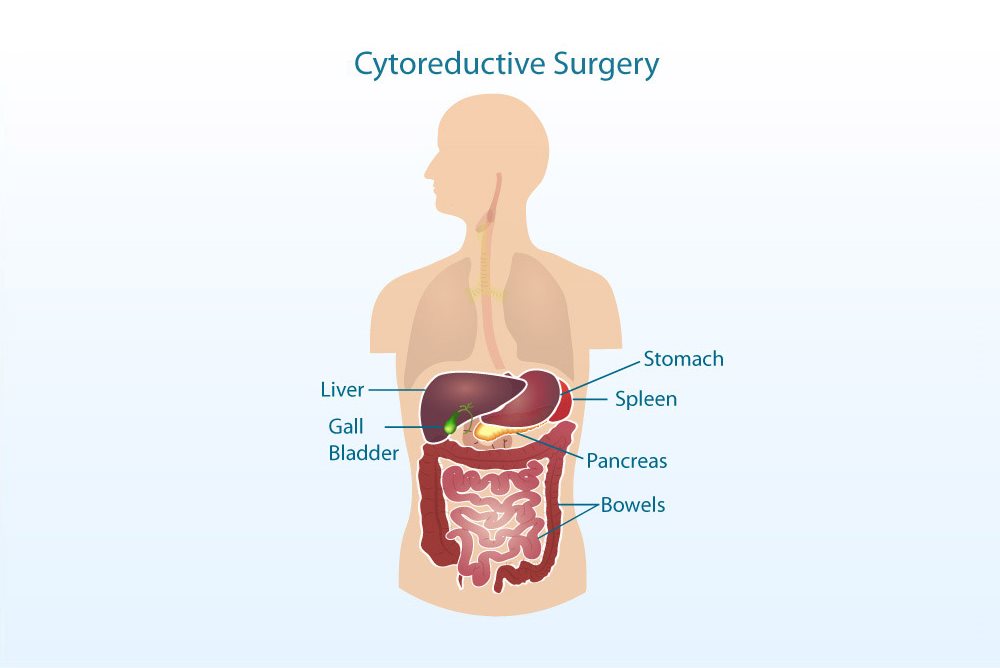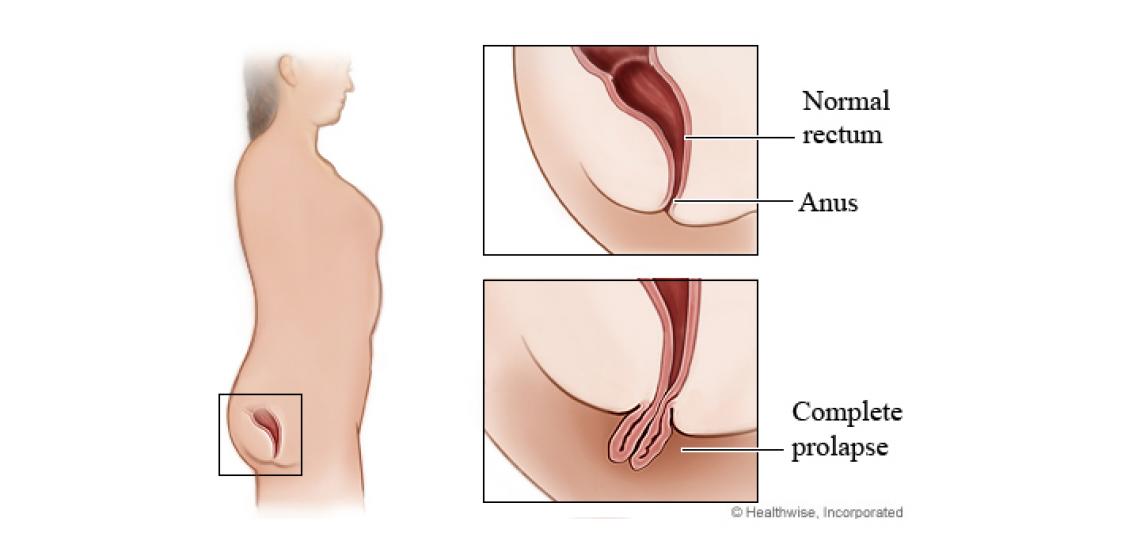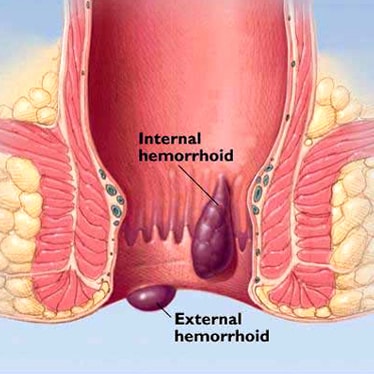Colon cancer in younger adults presents unique challenges and considerations compared to older populations. Here are some of the key aspects:
- Delayed Diagnosis: Colon cancer is typically associated with older age, and as a result, it may not be the first consideration when a younger adult presents with gastrointestinal symptoms. This can lead to delayed diagnosis and treatment.
- Aggressive Disease: Some studies suggest that colon cancer in younger individuals may be more aggressive and advanced at the time of diagnosis, potentially requiring more intensive treatments.
- Limited Screening: Colon cancer screening programs often target individuals over the age of 50. Younger adults may not undergo routine screening, and doctors may not initially consider colon cancer in their differential diagnosis.
- Lack of Awareness: Younger individuals and healthcare providers may not be as aware of the risk factors and symptoms of colon cancer in this age group, leading to missed opportunities for early detection.
- Hereditary Factors: Some cases of colon cancer in younger adults may be due to hereditary factors such as Lynch syndrome or familial adenomatous polyposis (FAP). Identifying these hereditary conditions is important for both the individual and their family members.
- Psychosocial Impact: Being diagnosed with colon cancer at a young age can have a significant psychosocial impact. Young adults may face unique challenges related to fertility preservation, relationships, career, and financial concerns.
- Treatment Implications: Younger patients may have different treatment considerations, including concerns about preserving fertility or addressing the impact of treatment on career and quality of life.
- Survivorship Issues: Long-term survivorship issues, such as the risk of recurrence and the need for ongoing surveillance, can be particularly relevant for younger colon cancer survivors.
- Advocacy and Support: Younger individuals with colon cancer may benefit from targeted advocacy and support networks, as their needs and experiences may differ from those of older patients.
- Research Gaps: There is a need for more research specifically focused on colon cancer in younger adults to better understand its causes, risk factors, treatment outcomes, and long-term effects.
Addressing these unique challenges involves increasing awareness among both healthcare providers and younger individuals about the possibility of colon cancer at a younger age. Additionally, tailored support and survivorship programs can help meet the specific needs of this demographic.
Early detection through appropriate screening and recognizing potential hereditary factors is also crucial in improving outcomes for younger adults with colon cancer.
If you or a loved one has been diagnosed with colon cancer, consult Dr. Chintamani Godbole one of the best Gastroenterologist in Mumbai.




